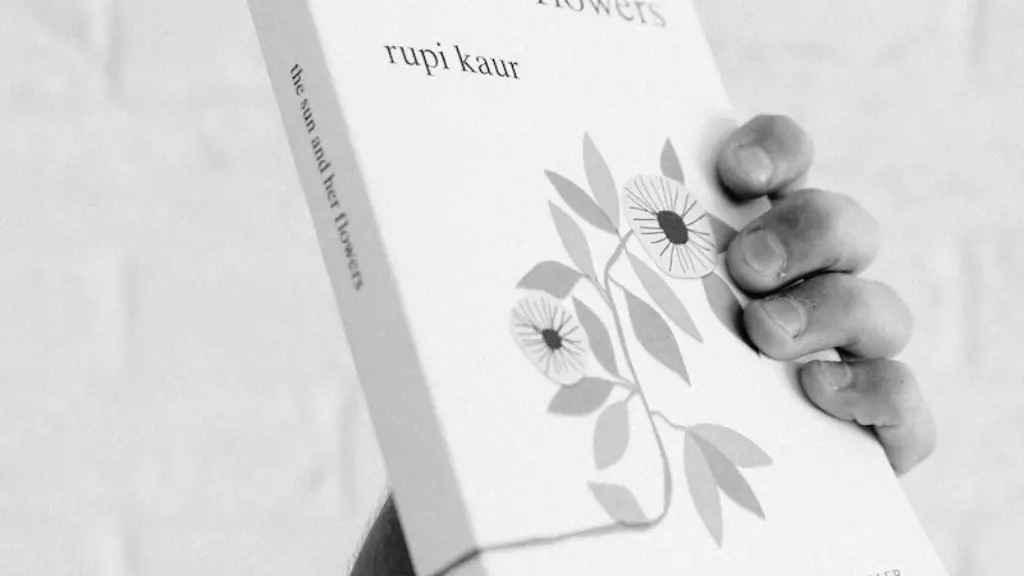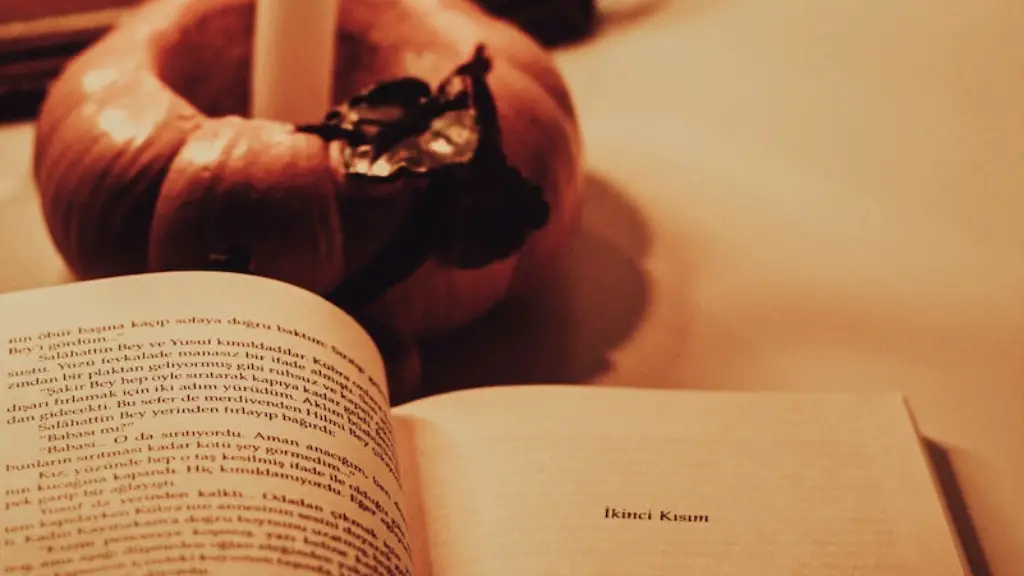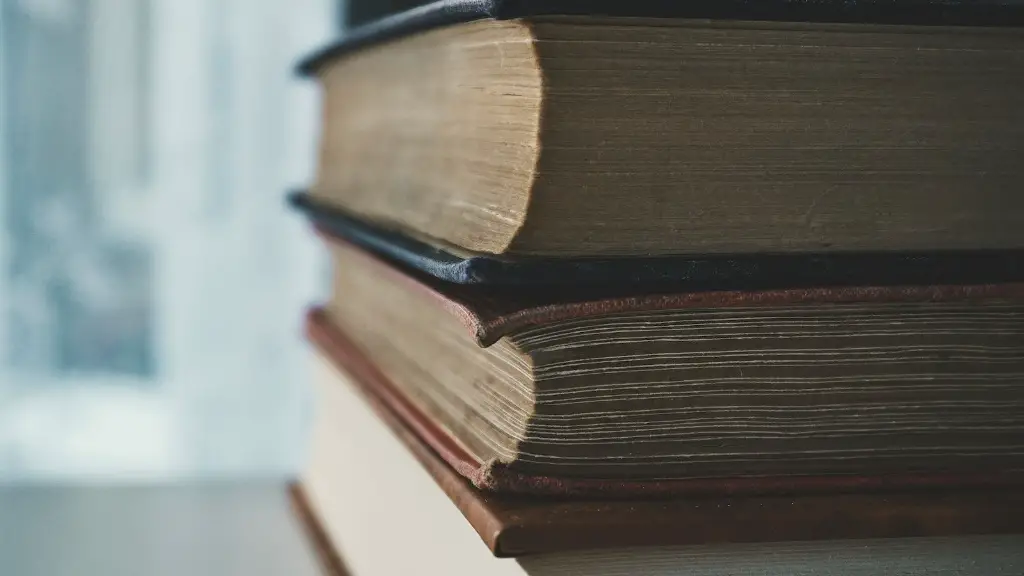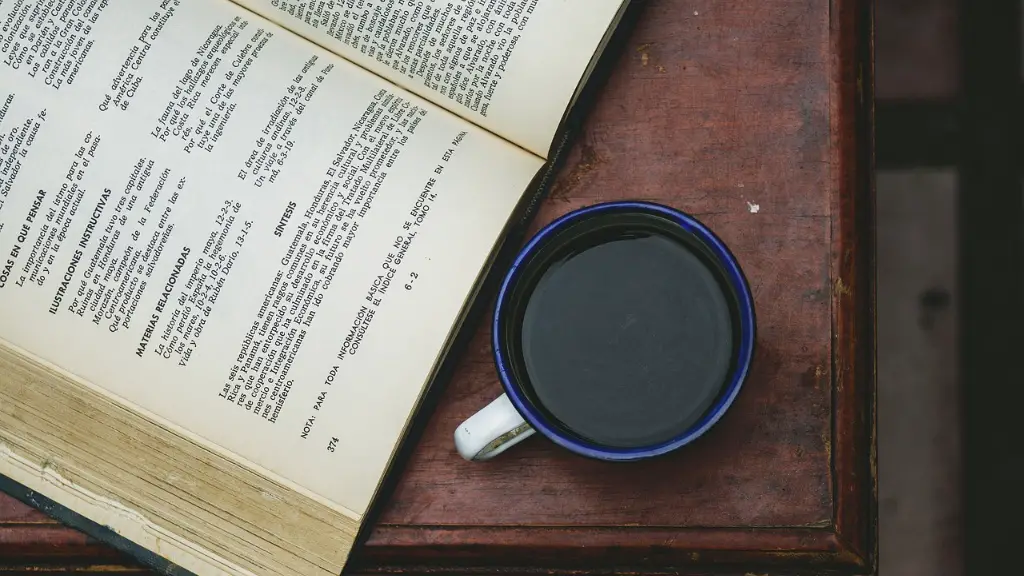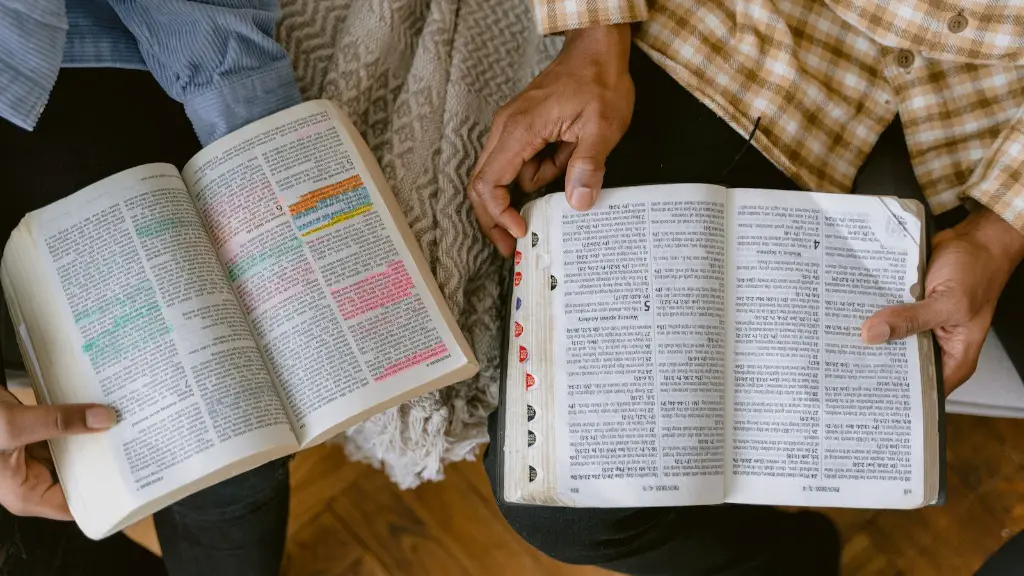History of Poetry
Poetry can be traced back to pre-historic times, as far back as the first tribes and cultures. Evidence of prehistoric poetry can be found in the numerous cave paintings found throughout the world, exhibiting that the written word had formed the basis of ancient stories. Poetry is believed to be the most admired type of art form out of all writing. From ancient civilisation to the present-day, poetry is one of the most treasured forms of expression.
One of the important precursors to the idea of singing and making musical notes was first seen during the development of the Kongo and San Bushmen culture. The oral tradition of writing and storytelling evolved with time, passed down from generation to generation. This process enabled messages, stories and ideas to spread quickly, with many stories and poems eventually being passed down or written from memory.
The origins of poetry can be traced to ancient Sumer, Mesopotamia and Egypt, where the oral tradition of storytelling was used to captivate the audience with many stories and traditional tales. Later, we see poetry emerging with the likes of Homer, Rumi and Li Bai in the 1st century BC. These early poets produced many dialects, which evolved over time, with the use of alliterations, metre and rhyme as part of the structure of their poetry.
In the Middle Ages, many poets, including such prominent figures as Geoffrey Chaucer, experimented with different types of poetry such as lyric, love, verse and narrative. With the invention of the printing press, more and more written material became accessible to the general public, thus allowing poetry to saturate the written word.
The Renaissance period saw the emergence of different types of poetry, with some of the most notable poets being William Shakespeare who is renowned for his influential plays still studied today, as well as Edmund Spenser, who wrote one of the most famous and acclaimed long narrative poems of the 16th century.
The 19th, 20th and 21st centuries welcomed the likes of Robert Frost, Emily Dickinson and T.S Eliot, who were all heavily influential in the development of modern-day poetry. We also saw poets like Maya Angelou who focussed more on the structure of their poems, as well as their message and the emotion they conveyed.
Different Types of Poetry
Modern poetry is diverse and incorporates many different types, ranging from lyric to free verse. Lyric poetry is often used to express emotions and feelings, while those of a narrative nature tell stories. Free verse has fewer or no formal rules or patterns and therefore allows for more creative freedom.
Haiku is also a popular form of poetry, originating from Japan in the 17th century. They consist of 17 syllables, split into three segments of 5, 7, and 5 syllables and the main focus of this type of poetry is the understanding and appreciation of the beauty of nature. They are often written as three non-rhyming lines.
Additionally, there are a variety of sonnets, such as the Shakespearean, Petrarchan and Spenserian sonnets. Shakespearean sonnets usually consist of 14 lines with a particular rhyming scheme, emphasizing the use of iambic pentameter. Petrarchan sonnets are similar in structure to the Shakespearean sonnet, but with an additional sestet included. Spenserian sonnets are slightly different, with each line composed of 10 syllables, iambic pentameter and an additional couplet at the end.
Purpose and Function of Poetry
The primary purpose of any type of poetry is to express a thought, feeling or emotion. Poetry can also be used to discuss topics such as social commentary, politics, and history. It is often used to evoke emotions from the reader and can be used as a form of therapy when processing difficult times. It also allows for sharing of experiences with others.
It has been noted that the structure of poetry can have a profound effect on its meaning. The use of different poetic techniques including imagery, metaphors and similes, can be used to create a certain tone or atmosphere. This can then be used to convey a message or emotion to the reader.
It is also believed that the use of poetic techniques can make the stories more meaningful as they are written in a more creative and imaginative way. The use of meter and rhyme can also make stories easier to remember.
Benefits of Poetry
The craft of composing and writing poetry can benefit individuals both mentally and emotionally. It has been found that the writing process can provide relief from difficult emotions and can help people to express themselves more openly. It can also provide an outlet to express emotions and thoughts, enabling individuals to process difficult times. Additionally, it can also be used as a medium for solace as it can provide comfort and understanding during hard times.
Further, it can have an impact on relationships as it can be used to express love, respect and admiration for somebody. Poetry can provide a unique way to express feelings. It can also be used to express ideas and thoughts, allowing for complex subject matters to be discussed in new and interesting ways.
How Poetry Impacted Our Culture
Poetry is a powerful form of communication and has been used throughout history to express feelings and to tell stories. Poems can transmit feelings and can inspire people. It is seen as a form of art and has been used to impact our culture in many different ways.
Poems have been used to advocate for social change and to raise awareness of social issues. Martin Neimöller’s poem, “First they came…” is an example of this. Additionally, poems are often used in music, film, and other mediums to conveys feelings and emotions that words alone cannot express.
Poetry can also be used as inspirational sources of motivation and comfort. Maya Angelou’s “Phenomenal woman” is one of the many examples that have helped people to overcome adversity. Poems can be used to express joy and happiness as well, allowing for the celebration of life and all its moments.
The Impact of Poetry on Society
Poetry has been used throughout history to express feelings, and to tell stories. Poetry has been used to advocate for social change and raise awareness of important issues. It has been seen as a form of art, which has inspired people, and enabled them to see situations from a different perspective.
Additionally, poetry can encourage and bolster creativity in people by allowing them to experiment with ideas and try new ways of expressing themselves. Its unique ability to express complex and difficult topics in a simple and meaningful way can help to influence and encourage positive change.
In conclusion, poetry has, over time, been used to create and influence culture and society. From the ancient Sumerian civilisation to the present day, poetry has evolved and changed but still remains as one of the most treasured forms of expression.
